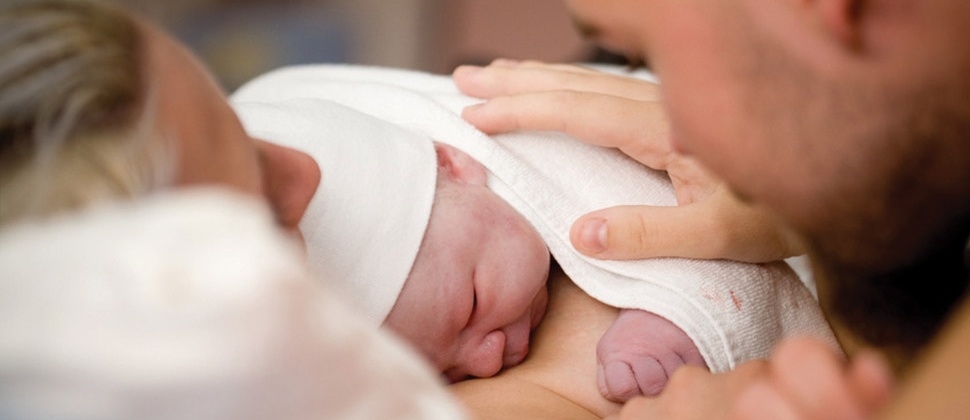A study to determine the feasibility of a randomised trial of different techniques for managing an impacted fetal head at emergency caesarean section

What is this research about?
Caesareans performed late in labour, where the mother’s cervix is fully open and her baby’s head has entered her pelvis, can be complicated. If the baby’s head is deeply wedged in the woman’s pelvis, it can be difficult to lift it up to enable the baby to be born. This is called an impacted fetal head. There are a number of different techniques that can be used in this situation, however it is not clear which is the best or most effective. This project is looking at whether it would be possible to do a clinical trial to test these different techniques. The research team will conduct surveys and interviews with parents, obstetricians, anaesthetists and midwives to gather their views and experiences of these births.
Why is this research important?
An emergency caesarean is usually performed when there are signs that the baby is struggling to cope with labour and needs to be born quickly. Difficulties releasing the baby’s head from the pelvis lead to further delay, and can also cause injury to mother and baby, so we need to ensure we are using the fastest, most effective technique and safest technique. This is also a very complex and sensitive topic to investigate so this project will talk to everyone involved in such cases in order to work out the best way to conduct a trial on this question.
How is NCT involved?
We assisted with developing the research proposal and writing the application. Our representative is on the trial steering group and chairs the patient and public involvement group. The chief investigator is Dr Kate Walker from the Nottingham Clinical Trials Unit.
What is the current status of the research project?
Funding has been awarded and the project will start work later in 2019.
Opportunities to get involved
Parents in the Nottingham area can sign up to the Nottingham Maternity Research Network, which will be working with the trial steering group.
Further information
For more information about this project, please contact MS-midas@exmail.nottingham.ac.uk or Rachel Plachcinski at rachel.plachcinski@gmail.com



